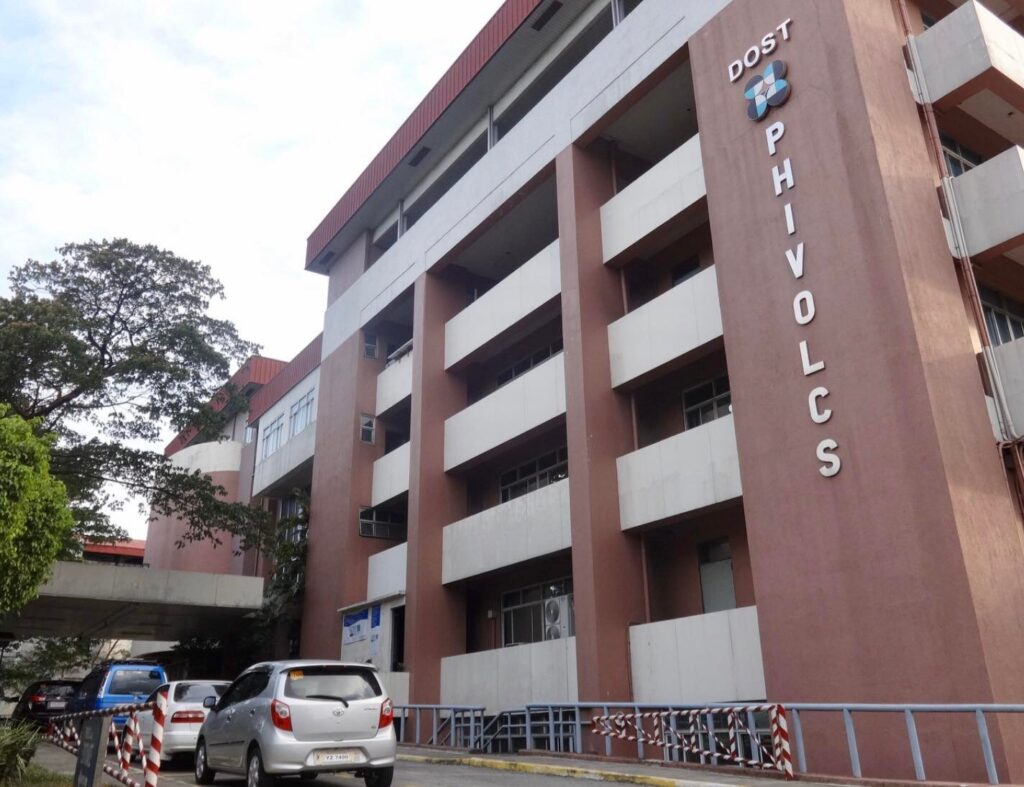By Kristine Zamora
“The economic costs of volcanic and seismic activity can be steep.”
This is according to Albay 2nd District Representative Joey Sarte Salceda during his sponsorship speech at the House Committee on (S&T) meeting on PHIVOLCS Modernization bills last February 21, 2023.
Salceda explained that in the 1992-1996 period, when volcanic eruptions and seismic activity were especially damaging for the Philippines, some estimates suggest that losses were at USD 2 billion, which at today’s prices should now be around USD 6.25 billion, or a staggering P343 billion. The foregone income from Taal activity in 2020 alone could have hit as high as P6.6 billion, according to NEDA estimates.
“A modern PHIVOLCS will help us get a clearer picture of the dangers we face.”
Salceda stressed that through the passage of the PHIVOLCS modernization law, the agency shall reform its human resource capabilities, enhance equipment and systems, and thereby provide streamlined services that are at par with international standards, to Local Government Units (LGUs) and the public. Through the information provided by PHIVOLCS on activities of volcanoes, earthquakes, and tsunamis, as well as other geotectonic phenomena, LGUs can plan ahead and impose restrictions for the safety of the communities.
He emphasized that an investment in the Department of Science and Technology-PHIVOLCS is an investment in the safety of the people and all other areas exposed to the dangers of volcanic and seismic activity.
Salceda added the need to harmonize the efforts of DOST-PHIVOLCS and LGUs to plan human settlement and infrastructure better. He cited the Mayon volcano in Albay which is an active volcano, of which five municipalities and all three cities of Albay have some part of them which is in Mayon Volcano itself. Significant population clusters in Albay remain exposed to volcano-related risks, he added.

Enhanced collaboration between LGUs and DOST-PHIVOLCS is one of the key components of the proposed PHIVOLCS Modernization act. The proposed bill seeks to ensure that advisories and geohazard maps issued by DOST-PHIVOLCS are incorporated in LGUs’ disaster planning, preparation, and mitigation, among others.
If passed into law, a regular public awareness campaign on the hazards of volcanic eruptions, earthquakes, tsunamis, and disaster risk reduction procedures will be designed and implemented by the LGUs together with DOST-PHIVOLCS.
In addition, teaching volcanic, seismic, tsunami and other related hazards will be included in regular school curriculum for provinces and municipalities directly affected by these hazards.
DOST-PHIVOLCS is a service institute of the DOST mandated to mitigate disasters that may arise from volcanic eruptions, earthquakes, tsunami and other related geotectonic phenomena. (PR)

